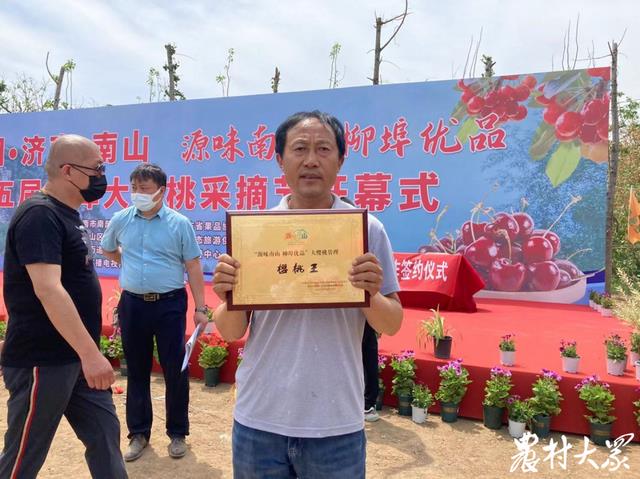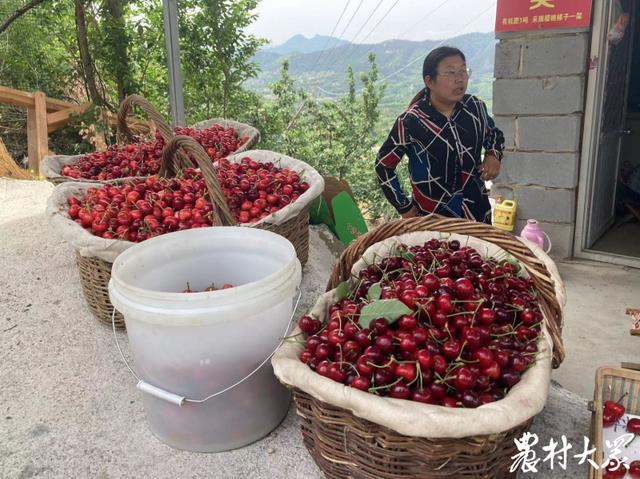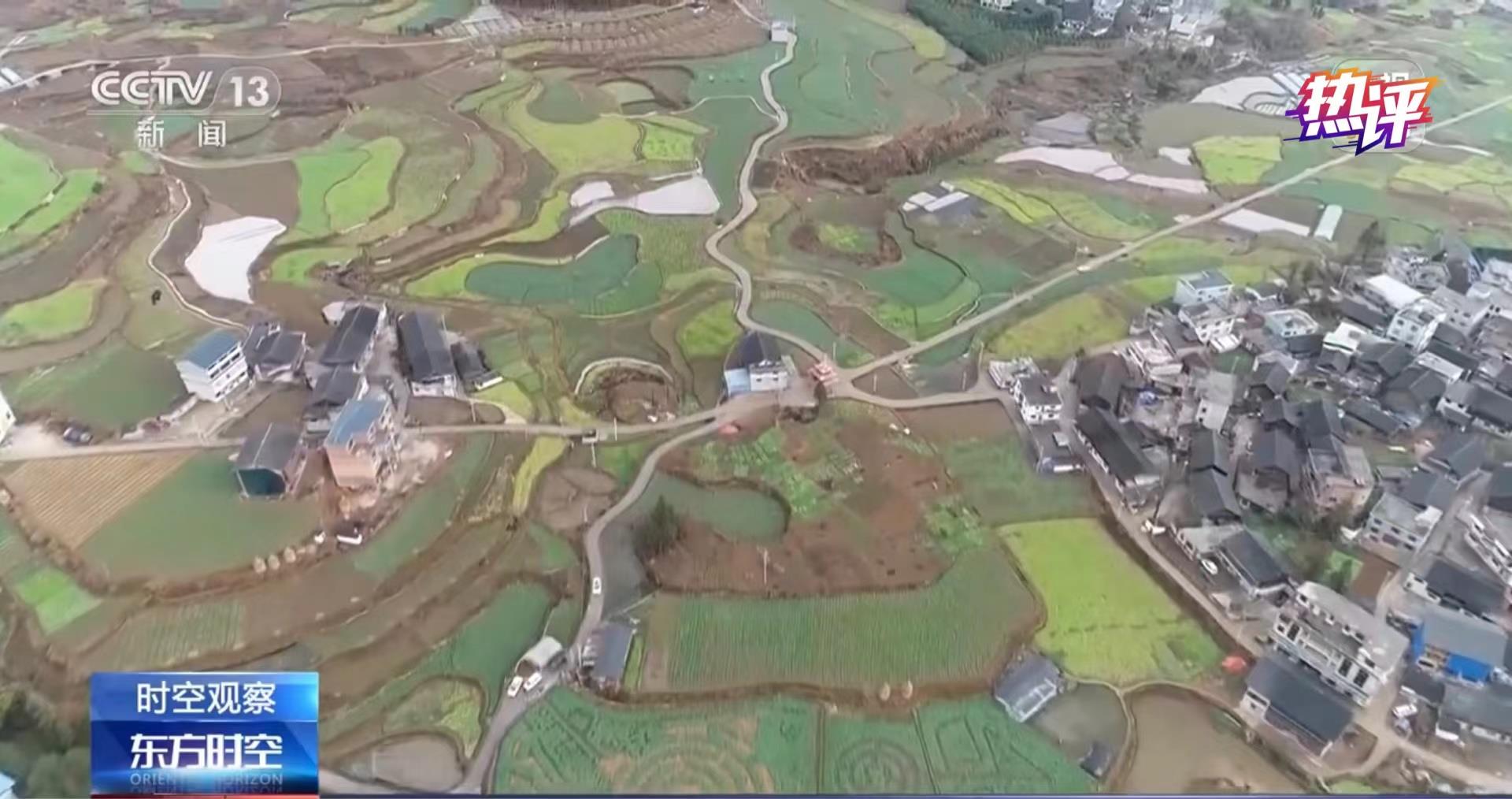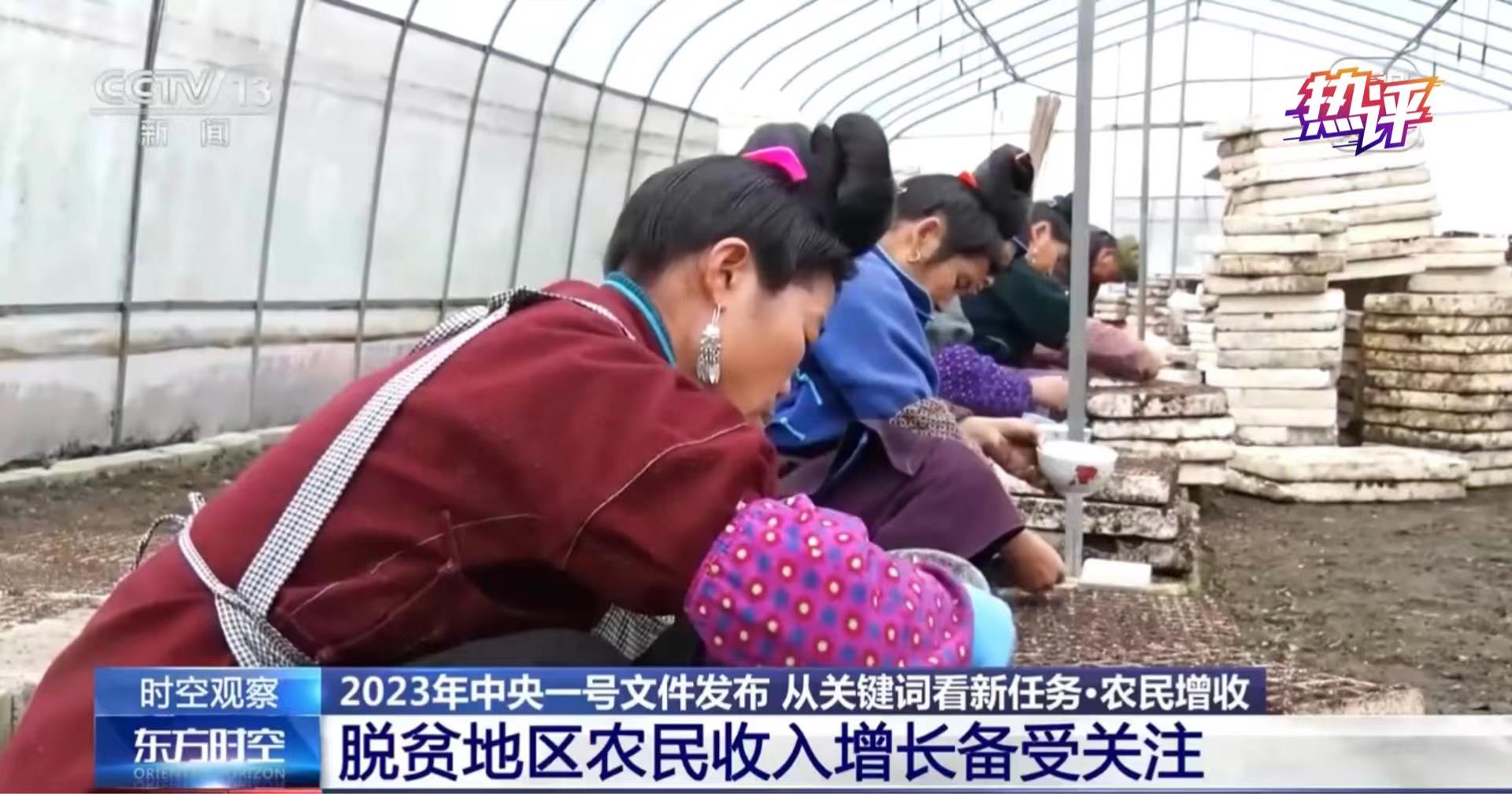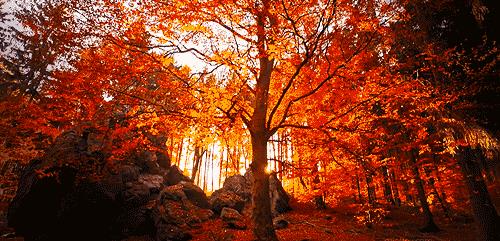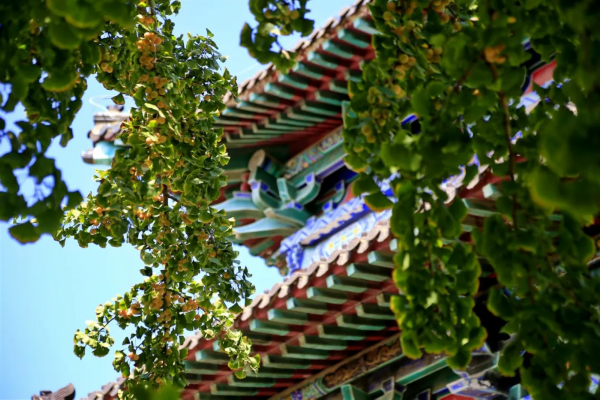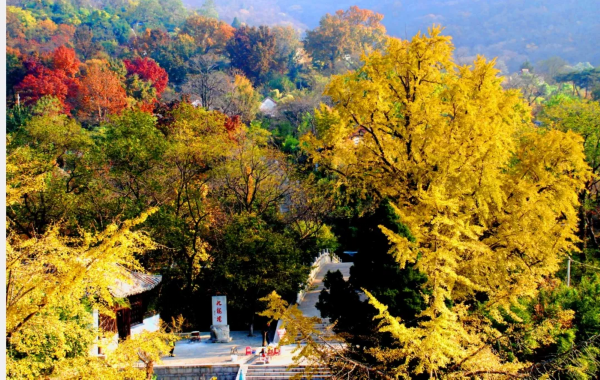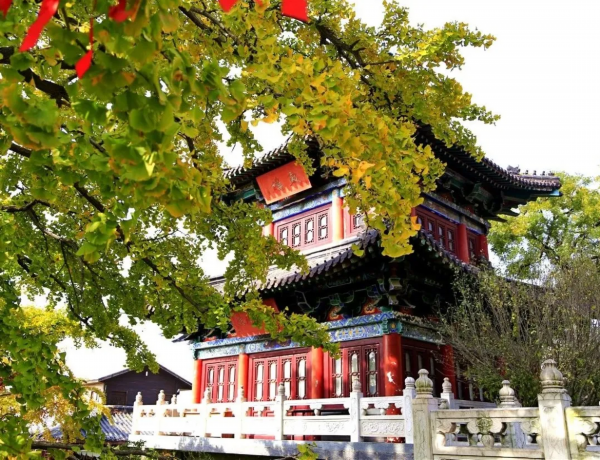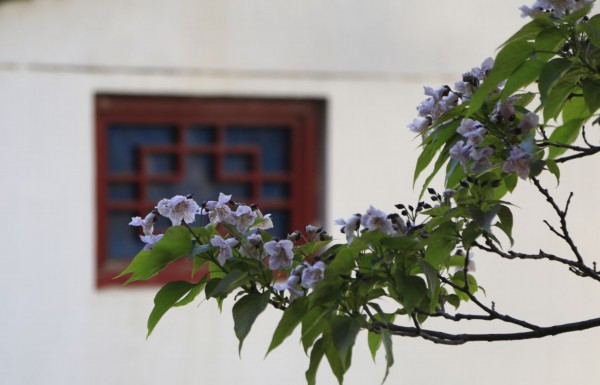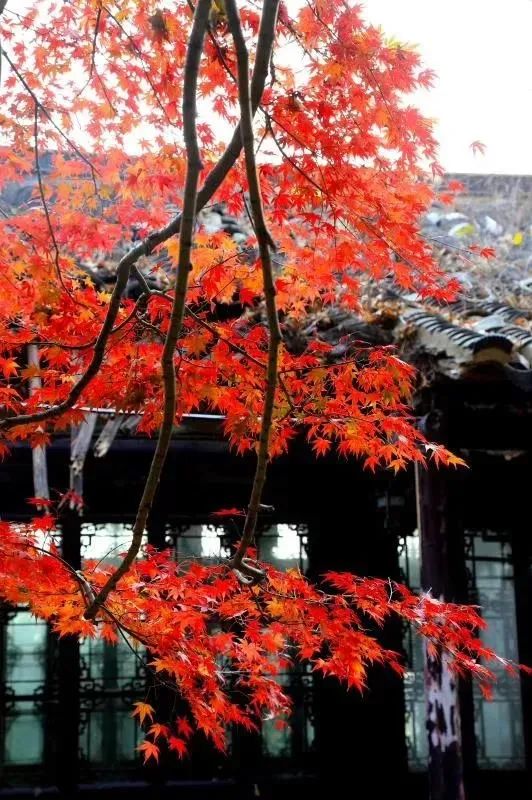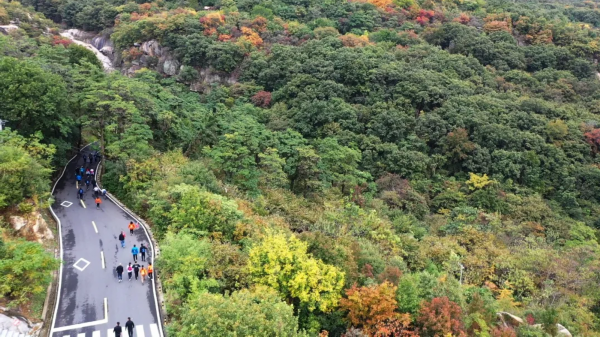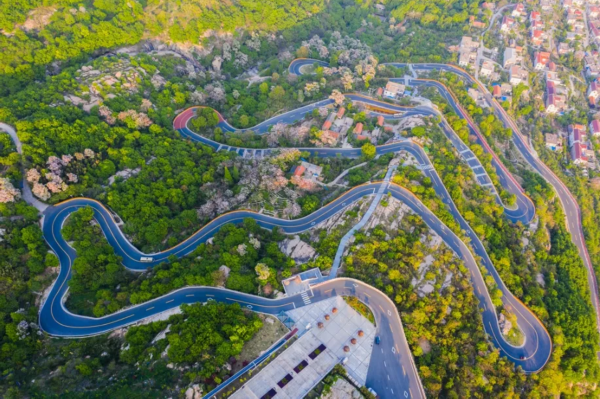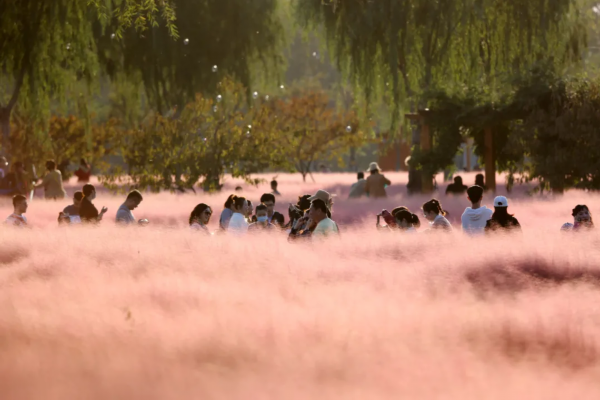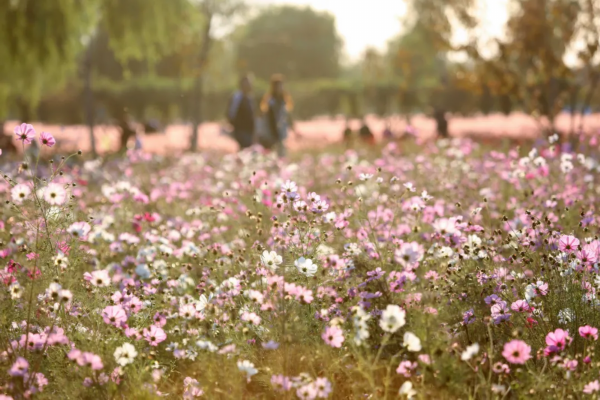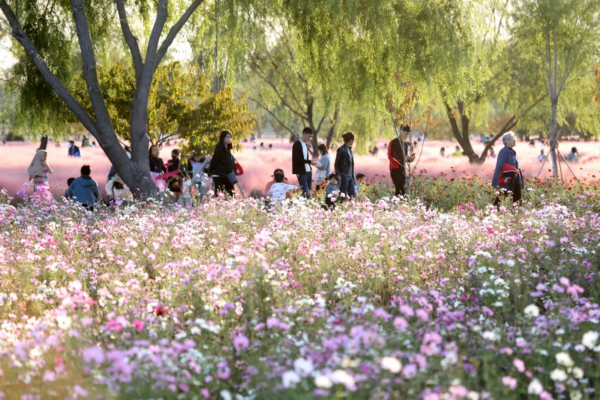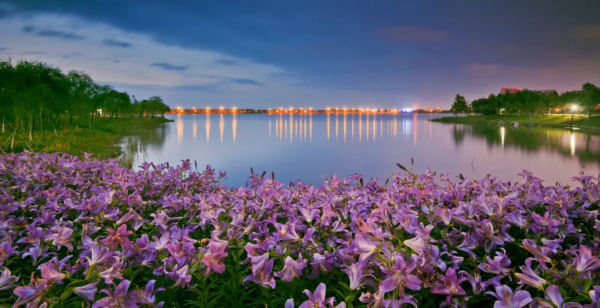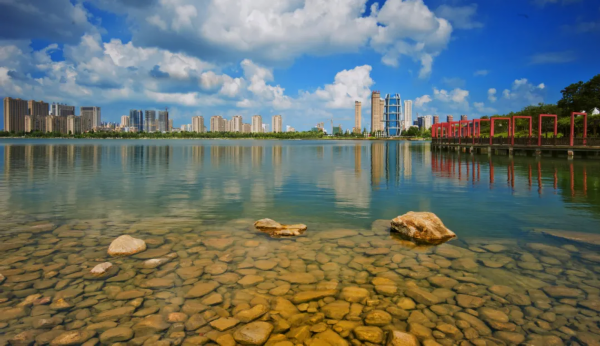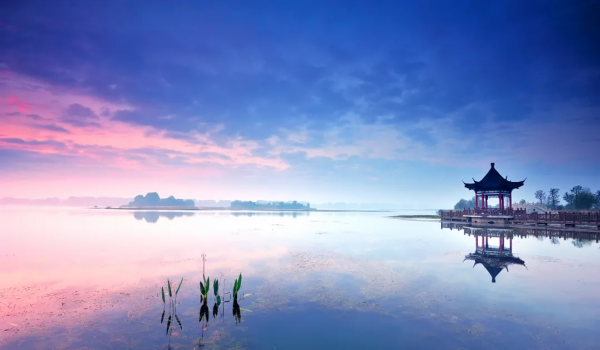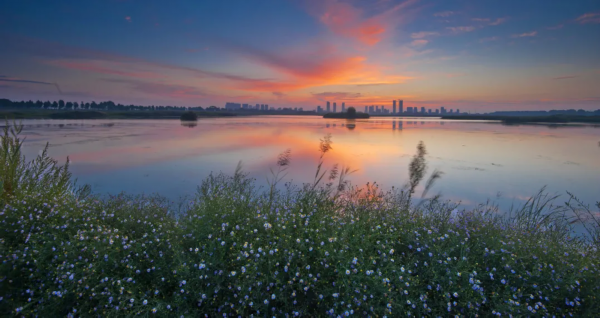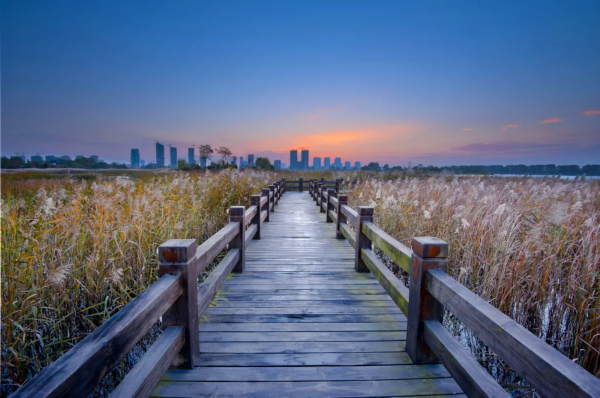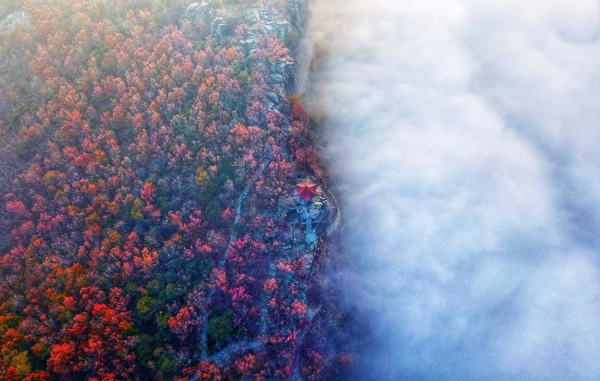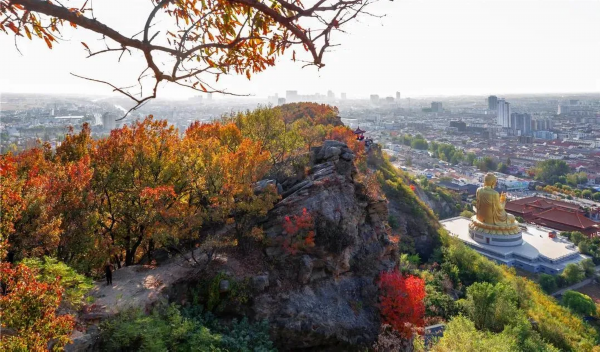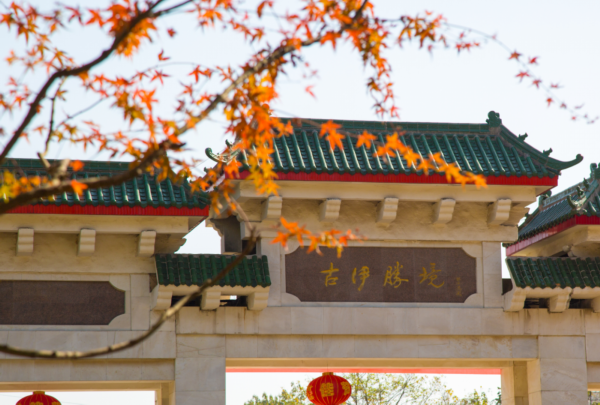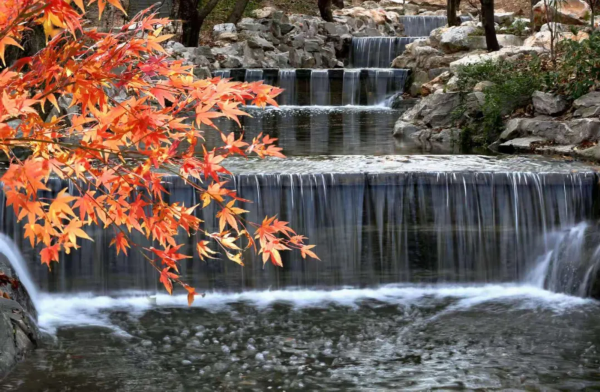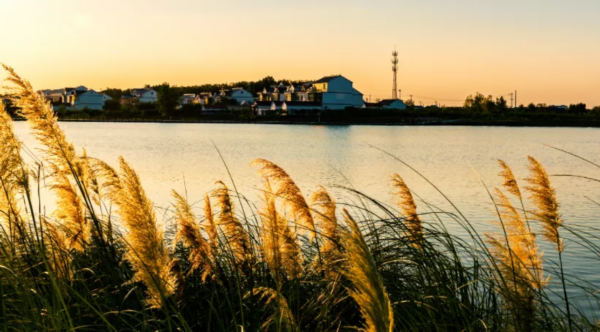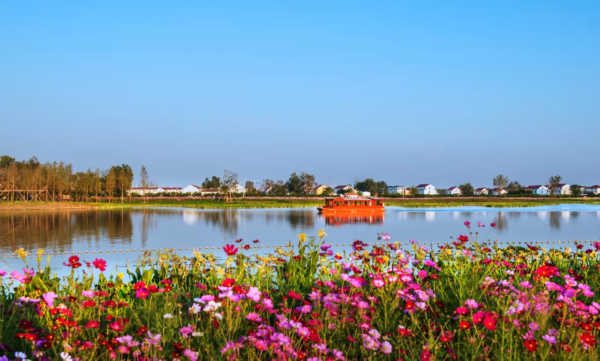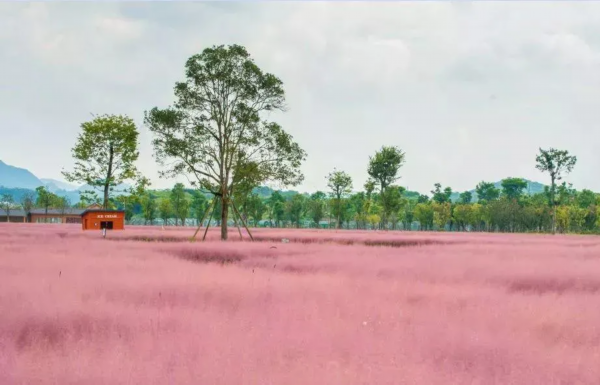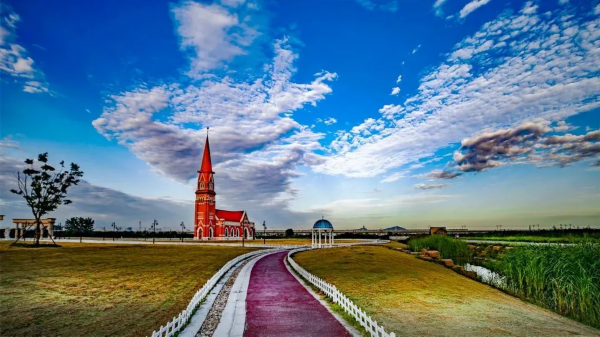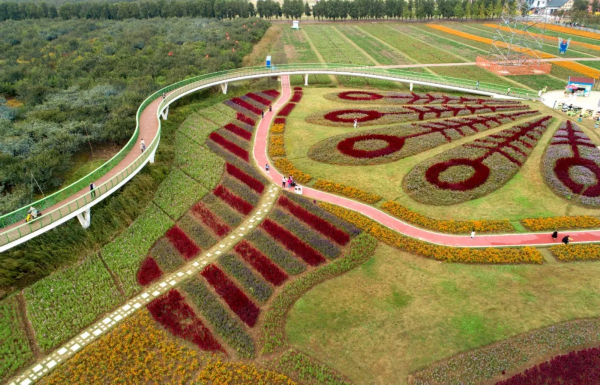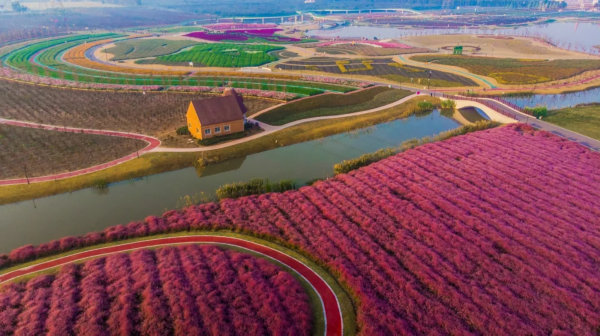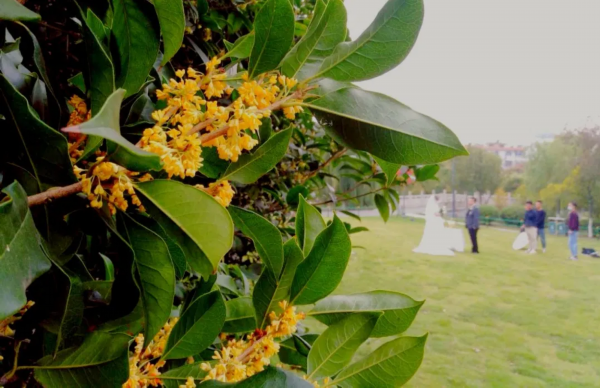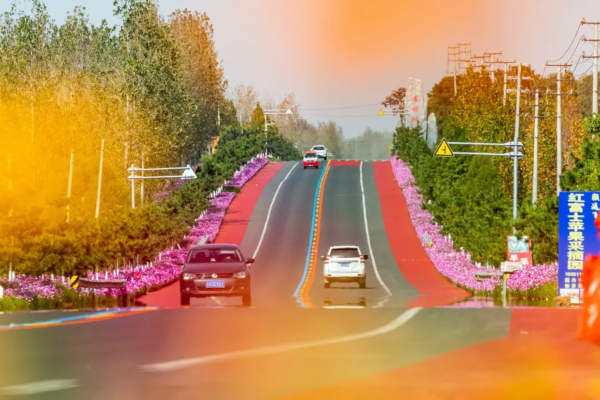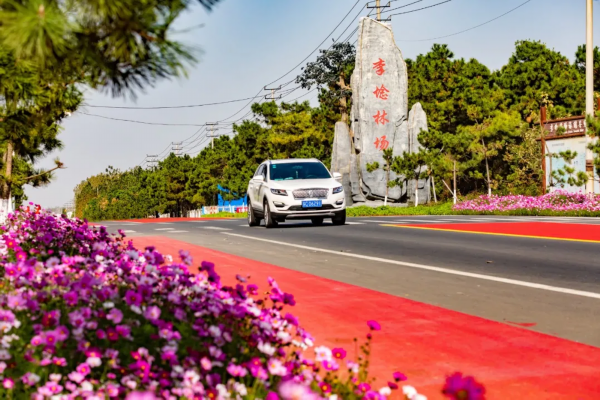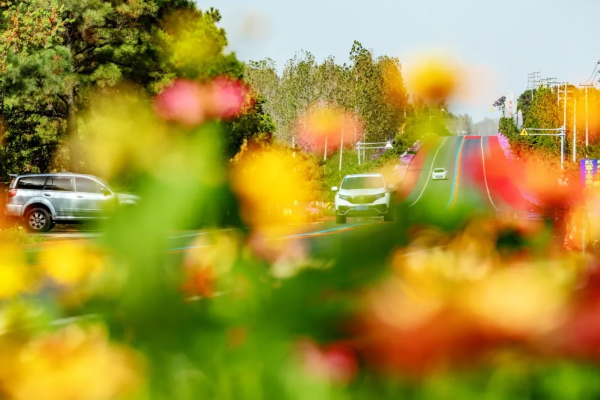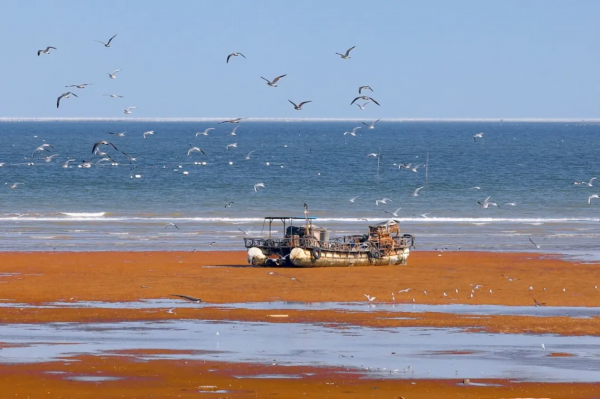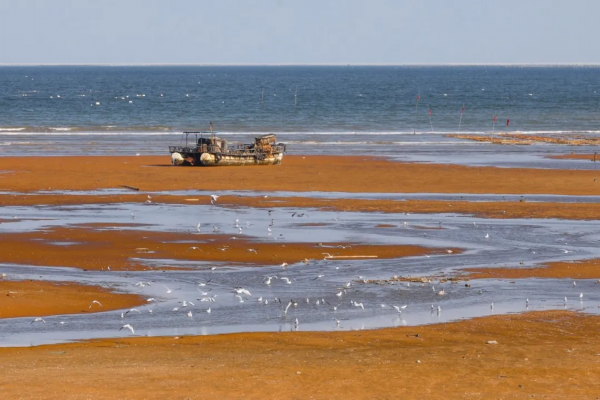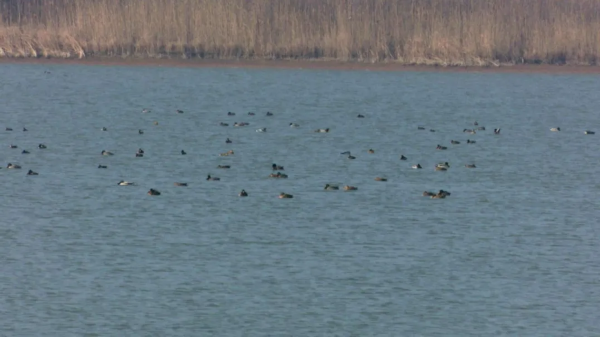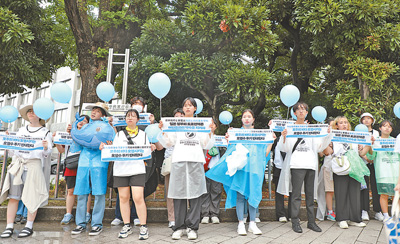
On August 9, more than 20 college students from many places in South Korea formed a "delegation against Fukushima nuclear polluted water discharging into the sea" to hold a protest rally in Tokyo, Japan, and strongly opposed the Japanese government’s plan to force nuclear polluted water discharging into the sea.
Our reporter Yue Linyi photo
According to media reports, Japan is studying to start the discharge of Fukushima nuclear polluted water into the sea as early as late August. The Japanese government’s behavior of ignoring the legitimate and reasonable concerns of all parties and insisting on promoting the plan of discharging nuclear polluted water into the sea has triggered continuous opposition and criticism from Japan and the international community. All parties urge the Japanese government to fully respond to the concerns of the international community, fulfill its due moral responsibilities and obligations under international law, stop pushing the plan of sea discharge, fully communicate with neighboring countries in a sincere manner, ensure the safe disposal of nuclear polluted water, and accept strict international supervision.
"The Japanese government should abandon the established route of discharging nuclear polluted water into the sea."
On August 9, more than 20 college students from many places in South Korea formed a "delegation against Fukushima nuclear pollution" to hold a protest rally near the Prime Minister’s residence and the Ministry of Economy, Trade and Industry in Tokyo, Japan. The students held banners and slogans such as "Oppose the discharge of nuclear polluted water into the sea" and "Don’t pollute everyone’s sea" and shouted slogans such as "Stop Fukushima nuclear polluted water from discharging into the sea" and "Preserve nuclear polluted water on land", and strongly opposed the Japanese government’s plan to force nuclear polluted water to discharge into the sea.
Park Jae-min, a student from Korea’s Jianguo University who participated in the protest rally, told this reporter that the safety of Fukushima’s nuclear polluted water discharged into the sea has not been fully verified, and it is impossible to eliminate the worries and uneasiness of ordinary people all over the world, including South Korea. South Korea and Japan are close neighbors, and the discharge of Fukushima nuclear polluted water into the sea is bound to do harm to ordinary people in South Korea and seriously affect South Korea’s marine fisheries.
On August 7th, Japanese citizens’ groups held a theme forum on "Opposing Nuclear Pollution Water Discharging into the Sea" in Nagasaki City. More than 100 citizens and students from Nagasaki and all over Japan attended the forum. In his speech, the host Gu Yazhi said that discharging nuclear polluted water into the sea is to put economic cost above safety, and the Japanese government chose discharging the sea as a simple way to save money out of economic self-interest. Gu Yazhi emphasized that the nuclear polluted water in Fukushima contains a variety of radioactive substances, which is not the same as the waste water generated by normal nuclear power plants. All radioactive wastes generated by nuclear accidents, including nuclear polluted water, should be permanently sealed and kept.
At the forum, Masahiro Kaoda, a co-representative of the Fukushima Peace Forum, a local civic group in Fukushima Prefecture, pointed out that although various feasible measures can be taken to prevent nuclear polluted water from being discharged into the sea, the Japanese government and Tokyo Electric Power Company have always regarded the sea discharge plan as an "established policy", ignoring many objections, concealing various problems that are not conducive to the nuclear polluted water discharge plan, and constantly pushing forward the sea discharge plan.
Masahiro Kakuda stressed that Japanese fishing groups insisted on opposing the discharge of nuclear polluted water into the sea and demanded that the Japanese government continue to preserve nuclear polluted water on land. This voice was very strong among ordinary people in Fukushima. However, the Japanese government and Tokyo Electric Power Company turned a blind eye to this and refused to re-study other disposal methods other than discharging nuclear polluted water into the sea. He said, "The Japanese government should abandon the established route of discharging nuclear polluted water into the sea, show courage and make a political decision to re-study the disposal plan of nuclear polluted water."
From August 4th, the second phase of the 2023 World Conference on the Prohibition of Atomic Bombs and Hydrogen Bombs, sponsored by the Japan National Conference on the Prohibition of Atomic Bombs and Hydrogen Bombs, was held in Hiroshima, Japan. On the morning of the 5th, at the sub-forum to discuss the Japanese government’s nuclear power policy, many experts, scholars and representatives of civic groups once again severely criticized and resolutely opposed the Japanese government’s insistence on promoting the plan of discharging nuclear polluted water into the sea regardless of public opinion.
In his speech, Professor Emeritus of osaka prefecture university, Mr. Kazuyuki Sawazawa, pointed out that the Japanese government and Tokyo Electric Power Company’s promotion of Fukushima nuclear polluted water to the sea not only violated the relevant provisions of the London Convention on Dumping Waste, but also suspected of violating Japan’s domestic law. The London Dumping Convention prohibits the dumping of radioactive wastes into the sea through artificial structures at sea. As a contracting party to the London Dumping Convention, Japan attempts to discharge the Fukushima nuclear polluted water into the sea, which obviously violates the relevant provisions of the Convention. In addition, at present, the amount of radiation in the space environment in the Fukushima Daiichi nuclear power plant far exceeds the limit measurement, and the discharge of nuclear polluted water into the sea will further increase the amount of radiation in the space environment in this area, which is an illegal act suspected of violating relevant Japanese restrictions and regulations.
Park Zhenying, a representative of a civic group from Ulsan, South Korea, said in his speech that the current domestic polls show that more than 80% of South Koreans strongly oppose the Japanese government’s discharge of Fukushima nuclear polluted water into the sea. More than 700 citizens’ organizations in South Korea unanimously opposed the Japanese government’s plan to force nuclear polluted water into the sea. Once the nuclear polluted water is discharged into the sea, it means that the impact of the Fukushima nuclear accident will last for 30 years or even longer.
"It is a barbaric act to force the plan of discharging nuclear polluted water into the sea."
Li Zaiming, leader of the Common Democratic Party, the largest opposition party in South Korea, said at the symposium on "Preventing Fukushima nuclear polluted water from being discharged into the sea" held by the South Korean National Assembly on the 8th, "Now we should unite and take countermeasures to prevent Japanese nuclear polluted water from being discharged into the sea. Ensuring that future generations can live in a safe and comfortable environment is one of the important responsibilities of our generation. "
Yu Yuanzhi, member of the Standing Committee of the Common Democratic Party’s "Countermeasures Committee for Preventing Contaminated Water from Discharging into the Sea", said at the forum that the Japanese government could not dispel people’s concerns no matter how unreasonable it claimed to be "safe". The Common Democratic Party will stick to the end and prevent Japan’s nuclear polluted water from being discharged into the sea.
More than 200 local people, including citizens’ groups in Chungcheongnam-do, South Korea, held a rally on the 5th to condemn Japan’s plan of forcing nuclear polluted water into the sea. The citizens attending the rally said that the discharge of nuclear polluted water into the sea is a disaster for the earth’s ecosystem and all mankind. Local citizens’ groups said: "In order to resist the Japanese nuclear pollution, we will fight with all the people in Chungcheongnam-do to the end."
South Korea’s Gwangju Citizen Group held a press conference on the 2nd, strongly condemning and protesting the Japanese plan of forcing nuclear polluted water into the sea. The people who participated in the protests said: "It is a barbaric act for Japan to push the plan of discharging nuclear polluted water into the sea. We must not sit idly by and ignore the serious consequences caused by the discharge of nuclear polluted water into the sea. We hope that more people can understand the harmfulness and seriousness of the discharge of nuclear polluted water into the sea through protests. We must stop this behavior and protect our future. "
"The Japanese government should face up to the concerns of the international community."
Luke Mani, director and senior researcher of the Solomon Islands Foreign Policy Advisory Secretariat, said in an interview with this reporter that the Pacific island countries are firmly opposed to Japan’s nuclear pollution water discharge plan. Pacific island countries are basically small island countries, and people’s lives depend heavily on marine ecosystems. For example, the most important marine resource of many Pacific island countries — — Tuna is a highly migratory fish, and discharging nuclear polluted water anywhere in the Pacific Ocean will put this important economic and food resource in danger. "Tunas from Pacific island countries are not only exported to Japan, but also to Europe, so the harm caused by Japan’s nuclear pollution water discharging into the sea will be global."
Tillman Ruff, co-chairman of the Australian International Doctors Organization for the Prevention of Nuclear War and co-founder of the International Movement for the Abolition of Nuclear Weapons, said in an interview with the media a few days ago that Japan’s plan to discharge nuclear polluted water into the sea violated international conventions such as the United Nations Convention on the Law of the Sea and the London Dumping Convention, and there was also evidence that such behavior would cause extensive and sustained harm and would not bring any benefits. "The Japanese government should face up to the concerns of the international community." Luf said that Japan’s nuclear pollution discharged into the sea will also bring social and economic consequences. The decline of income and export of fishery and other related industries, the strengthening of supervision and restrictions on imports by various countries will all have an impact on Japanese fishermen.
Weng Shijie, Chairman of Malaysian Center for New Asian Strategic Studies, said in an interview with this reporter that Japan’s insistence on promoting the plan of discharging nuclear polluted water into the sea is irresponsible and detrimental to its international reputation. At the same time, the discharge of nuclear polluted water into the sea will also endanger Japan’s own marine fisheries, and some countries and regions have strictly controlled Japanese seafood.
Jin Ping, director of the Institute of International Relations of the Royal Cambodian Academy of Sciences, told this reporter that it is a major problem to discharge the nuclear polluted water from Fukushima into the sea. Nuclear polluted water will do harm to marine life, which is not conducive to marine fisheries and poses a threat to human beings. The Japanese government should fully consult with neighboring countries and other stakeholders to effectively dispose of nuclear polluted water in a scientific, safe and transparent manner.
(Tokyo, Seoul, Canberra, Bangkok, August 9th)

